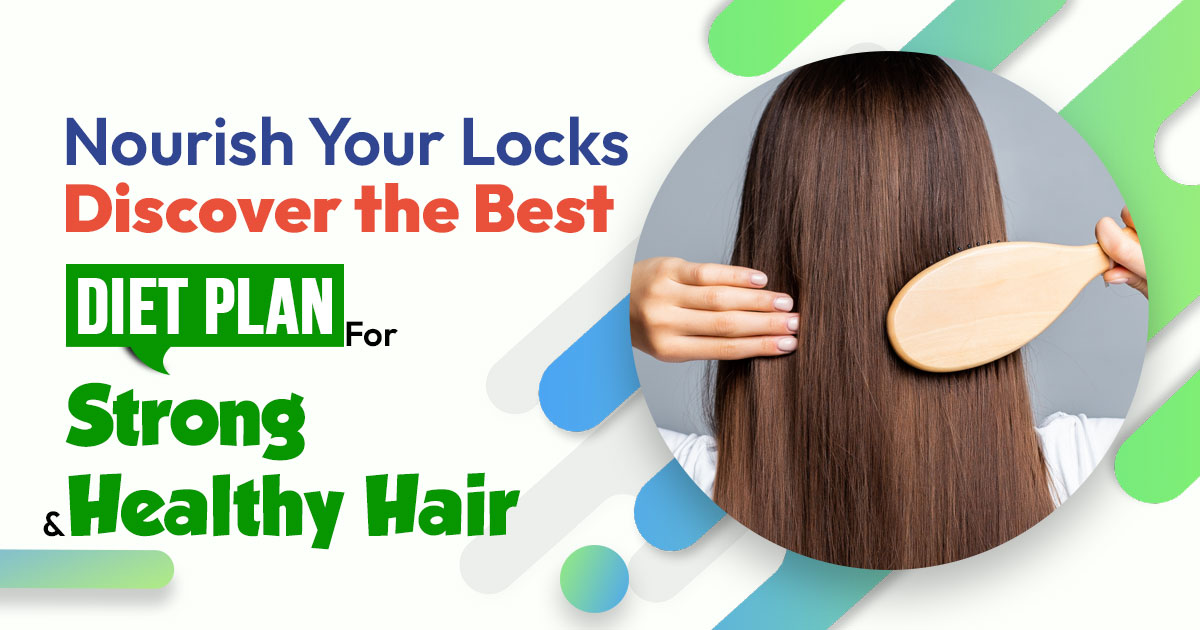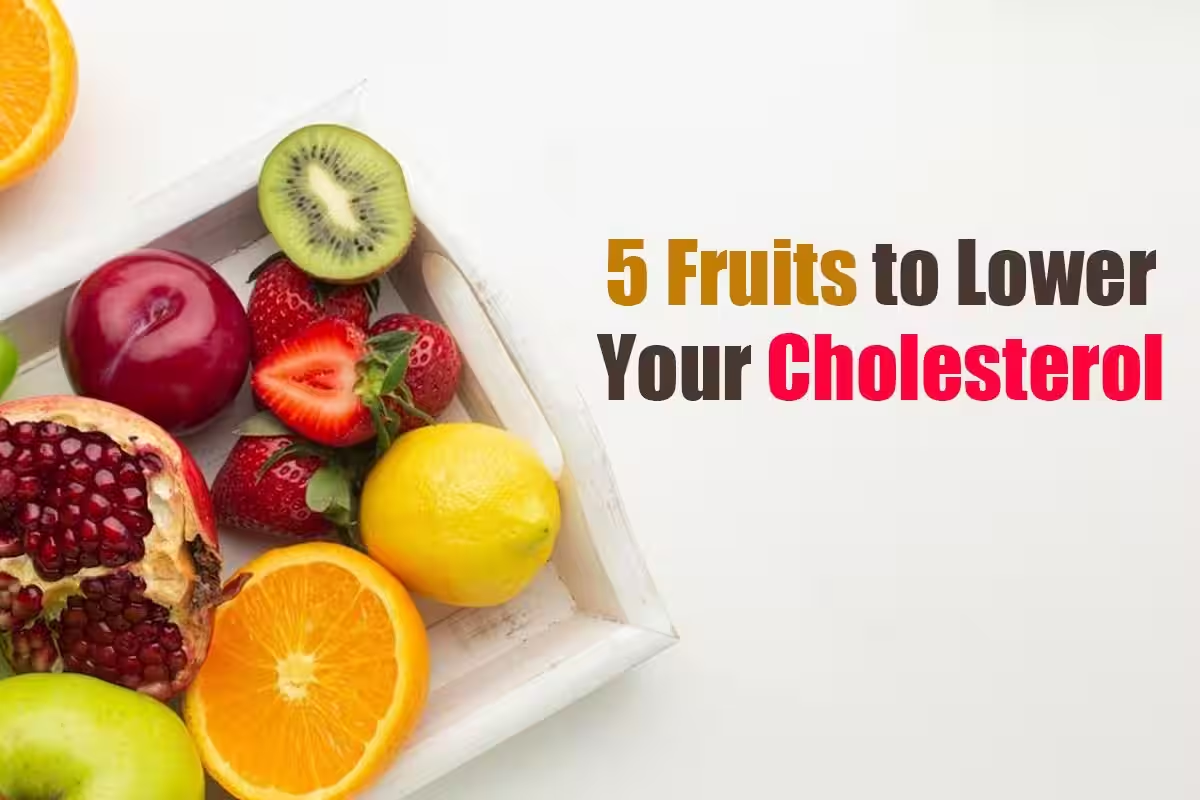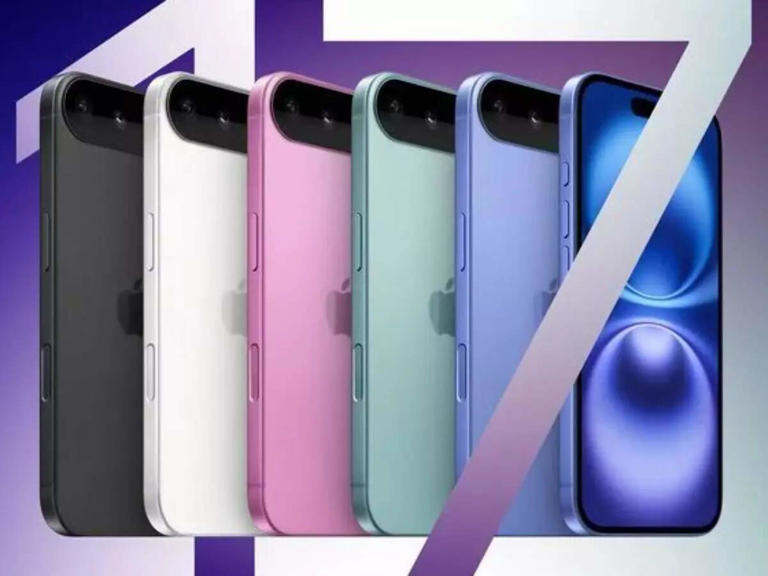
Your diet plays a crucial role in maintaining healthy hair. Hair health depends on a balanced intake of essential vitamins, proteins, and minerals. This guide provides a detailed hair care diet plan, what to eat, and why each nutrient is important.
🧬 Key Nutrients for Hair Health
1. Protein – The Building Block
- Importance: Hair is made of keratin, a type of protein.
- Sources:
- Eggs
- Fish (salmon, sardines)
- Chicken
- Lentils, chickpeas
- Greek yogurt
- Tip: Include a source of protein in every meal.
2. Iron – For Blood Circulation to Follicles
- Importance: Iron deficiency (especially in women) can lead to hair loss.
- Sources:
- Spinach
- Red meat
- Pumpkin seeds
- Beetroot
- Fortified cereals
- Tip: Combine iron-rich foods with Vitamin C (like lemon or oranges) for better absorption.
3. Omega-3 Fatty Acids – For Scalp Moisture
- Importance: Nourishes scalp and adds shine to hair.
- Sources:
- Walnuts
- Chia seeds
- Flaxseeds
- Fatty fish (salmon, mackerel)
- Tip: Sprinkle chia or flaxseeds over salads or smoothies.
4. Biotin (Vitamin B7) – For Hair Growth
- Importance: Promotes keratin production and hair strength.
- Sources:
- Eggs (especially yolk)
- Almonds
- Avocados
- Sweet potatoes
- Bananas
- Tip: Avoid raw egg whites alone as they inhibit biotin absorption.
5. Vitamin A – For Scalp Oil (Sebum) Production
- Importance: Keeps scalp healthy and prevents dryness.
- Sources:
- Carrots
- Sweet potatoes
- Mangoes
- Kale
- Spinach
- Tip: Excess vitamin A can cause hair loss, so balance your intake.
6. Vitamin C – For Collagen and Iron Absorption
- Importance: Boosts collagen which strengthens hair.
- Sources:
- Amla (Indian gooseberry)
- Oranges
- Strawberries
- Bell peppers
- Broccoli
- Tip: Drink warm lemon water in the morning to kickstart your day.
7. Zinc – For Hair Repair and Growth
- Importance: Helps in tissue growth and repair of hair.
- Sources:
- Pumpkin seeds
- Cashews
- Chickpeas
- Whole grains
- Tip: Zinc is better absorbed from animal sources but plant-based eaters can use supplements if needed.
🥗 Daily Hair-Healthy Meal Plan (Sample)
🌅 Morning
- Warm water with lemon or amla juice
- 5 soaked almonds + 1 walnut
- Herbal tea or green tea
🍳 Breakfast
- 1 boiled egg / paneer toast / besan cheela
- 1 bowl of mixed fruit (papaya, banana, berries)
- 1 glass of low-fat milk or soy milk
🥗 Mid-Morning Snack
- A handful of roasted pumpkin seeds or sunflower seeds
- 1 orange or kiwi
🍛 Lunch
- Brown rice or whole wheat roti
- Dal or rajma (for protein)
- Mixed vegetable sabzi (with spinach, carrots)
- Salad with cucumber, beetroot, and lemon
☕ Evening Snack
- Coconut water or green smoothie
- Roasted chana or boiled corn
🍲 Dinner
- Grilled chicken/fish or tofu/paneer
- Quinoa or millet (like bajra or ragi)
- Steamed broccoli and carrots
🥛 Before Bed
- 1 glass warm milk with turmeric (optional)
💧 Hydration & Lifestyle Tips
- Drink at least 8-10 glasses of water daily.
- Avoid processed foods, refined sugar, and excess caffeine.
- Include physical activity or yoga to reduce stress (a major hair fall trigger).
- Sleep 7-8 hours a night to allow hair and body to repair.
🧴 Bonus Tips for External Hair Care
- Use natural oils (coconut, almond, castor) for regular scalp massage.
- Avoid harsh shampoos with sulfates and parabens.
- Let hair air-dry instead of using high heat tools daily.
Final Thoughts
A balanced, nutrient-dense diet is the best long-term investment in your hair health. Pairing it with proper hair care practices will help prevent breakage, hair loss, and dullness. Stay consistent, and results will follow.





